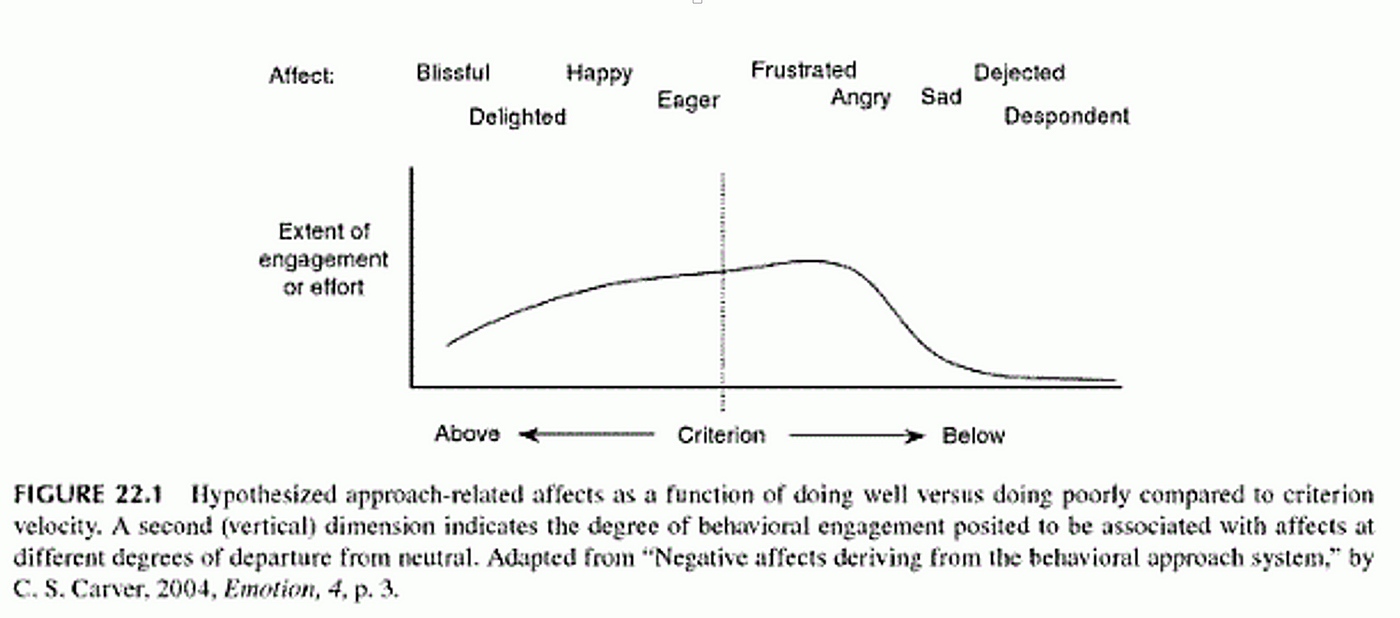permission to rest
…anyone's_ needs when we're physically exhausted and psychologically [[burnout|burnt out]]. ## Practices which resonate with me 1. **Cultivate a Rest…
Burnout is related to prolonged Stress. The definition that resonates most with me came from Twitter:
It’s investing emotionally and then not getting a return on that investment.
I’ve overworked on things I care about and not felt burnt out—quite the opposite I felt exhilarated and satisfied. But when I’m working hard on something for a long time and it doesn’t seem to matter, or I lose sight of why it matters, it gets harder and harder to force myself to do it until I just…can’t anymore.
David Whyte connects burnout to a focus on shallow, shortsighted goals in a way that echoes how we are destroying the Earth for the sake of the next quarter’s profits and a bump in GDP:
The foundation from which we transform the experience of burnout is always the realization that we have been measuring all the wrong things in all the wrong ways and that we have for too long, mis-measured our sense of self in the same way; that we have allowed the shallow rewards of false goals or false people to mesmerize, bedazzle and entrain us: to hide from us an ancient and abiding human dynamic — that we belong to something greater and even better for us than the realm of the measured. (David Whyte, Consolations II)
As is often the case, there’s a good biological reason for this! It’s technically called the “criterion velocity discrepancy-reducing feedback loop”, but the authors of Burnout: The Secret to Unlocking the Stress Cycle call it “the monitor”. From Burnout co-author Emily Nagaski:
In your brain there is a little monitor, a watcher, who knows:(1) what your goals is, (2) how much effort your investing in that goal, and (3) how much progress you’re making. And it keeps a ratio of effort to progress.
And it has a very strong opinion about what that ratio should be.

From a systems thinking perspective, an extremely common cause of burnout I’ve seen is when individuals are asked (or take it upon themselves) to fix systemic problems (see Shifting the Burden ). Because even if, through heroic effort, they can keep the system from getting worse, it’s impossible to keep up that level of effort, and because things aren’t getting better—only not worse—burnout sets in. Plus, propping up a broken system prevents those responsible for it from getting the feedback that it’s broken, making it less likely that anything will change. It seems like sometimes you have to let a system collapse before those responsible for it will get the message (or get fired).
…anyone's_ needs when we're physically exhausted and psychologically [[burnout|burnt out]]. ## Practices which resonate with me 1. **Cultivate a Rest…
…s discouragement will grow increasingly harsh, leading to despair and [[burnout]] in a desperate attempt to get us to stop wasting…